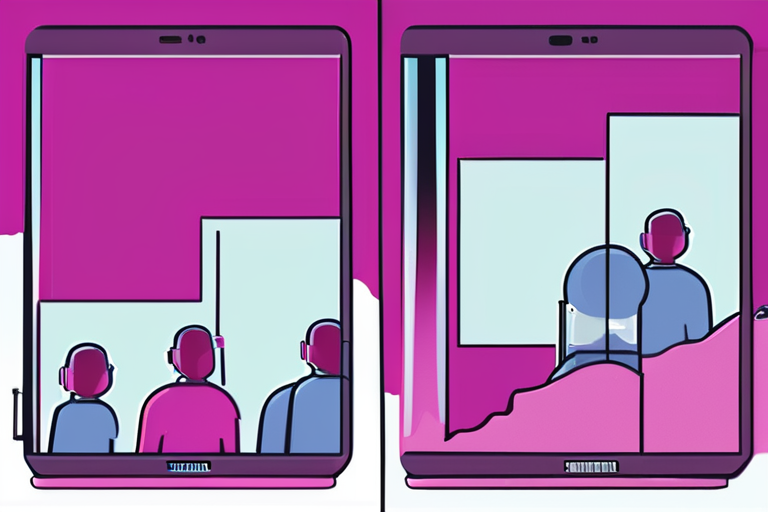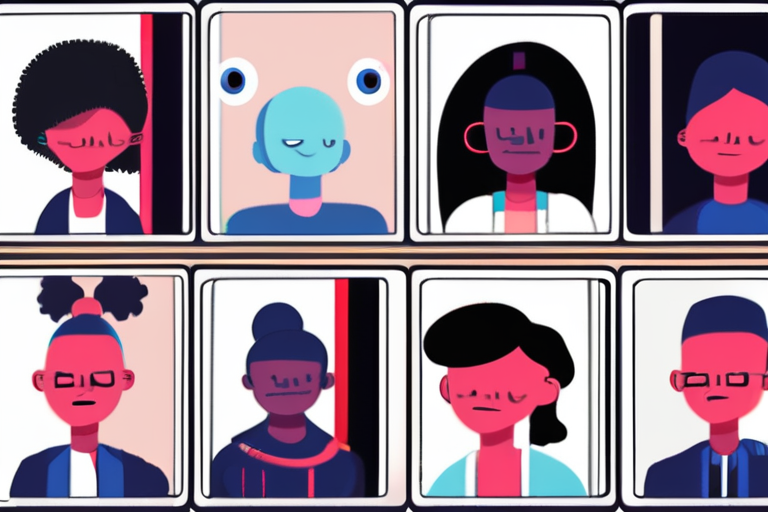Social Media Use Plateaus: Daily Time Spent on Platforms Drops 10% from Peak Year


Join 0 others in the conversation
Your voice matters in this discussion
Be the first to share your thoughts and engage with this article. Your perspective matters!
Discover articles from our community

 Hoppi
Hoppi

 Hoppi
Hoppi

 Hoppi
Hoppi

 Hoppi
Hoppi

 Hoppi
Hoppi

 Hoppi
Hoppi

BREAKING NEWS Liberal Democrats Demand Immediate Health Warnings on Teens' Social Media Platforms The Liberal Democrats are calling for health …

Hoppi

French Report Warns of TikTok Dangers, Recommends Social Media Ban for Under-15s A six-month inquiry into the psychological effects of …

Hoppi

New Wave of Apps Fosters Friendships Amid Growing Loneliness Crisis In a bid to combat the rising tide of loneliness …

Hoppi

French Report Calls for Ban on Social Media for Under-15s Amid TikTok Concerns A parliamentary commission in France has recommended …

Hoppi

Breaking News: Lib Dems Demand Immediate Action on Social Media Health Warnings for Teens The Liberal Democrats are calling for …

Hoppi

The Biggest Internet Trend of 2025: Embracing Embarrassment In a surprising turn of events, the internet has become a platform …

Hoppi